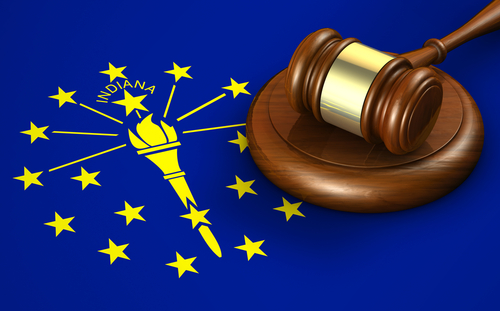Of Sound Mind: Make Plans for Your Digital Estate
The digital world intrudes on reality in many fascinating ways, raising new questions and leaving us to scramble for answers. It’s hard enough for each of us to keep track of our passwords, user names and accounts when we are of sound mind and body. How difficult will it be when we are no longer around to do that?
Today we have online financial accounts, bill payments, insurance and medical records, and much more. We own extensive libraries and collections of electronic books, movies, music and photos. Tax returns, important documents and other written material live on hard drives in digital form, often in several places, using naming and filing conventions survivors might not be able to decipher.
However, probate and other legal procedures still focus on the tangible world. In the context of our “digital estates,” what can traditional executors and trustees do?
What happens to your online accounts, computer files and other “digital assets” when you die or become incapacitated? More importantly, what do you want to happen to them? Should your Facebook account disappear? Can a survivor access your email or other online accounts? How much of a digital mess will we leave for our survivors, both at home and at work?
In a certain sense, you need to map what you do in real-world estate planning to the digital world. And you might find the digital world is almost a parallel world where your current plan, especially who you need to execute it, might need significant adjustment.
There are a few things to do now:
1. Inventory digital assets. How many passwords and accounts do you really have? Which accounts are most important and must be attended to if you aren’t around? Have you collected this information, including passwords, in a way that someone can find and use them?
2. Determine what you want. Do you want your Facebook page to live on as a memorial page? Do you want blogs, websites or other Internet accounts to stay alive?
3. Understand the default terms. What happens to your e-books, music and movies? Will your accounts automatically be frozen or deleted?
4. Have the hard conversations. Move beyond the financial realm to the question of what you want your legacy to be. You might have files that you want survivors to get and others that you don’t want them to know exist.
5. Choose the right person. The selection of fiduciaries in estate planning is a straightforward process, but a spouse or child might not be able to deal with technology issues. Consider identifying someone to provide assistance or even handle these matters.
6. Revisit your estate plan. Given your digital estate, does the plan still make sense and do you have the right fiduciaries? How will your Internet friends get notice of your death, and can key accounts be accessed quickly and easily? The collision of the real world and the digital world always results in surprising consequences. Are you taking steps to ensure that the right things happen?
Dennis Kennedy is a St. Louis-based information technology lawyer.



